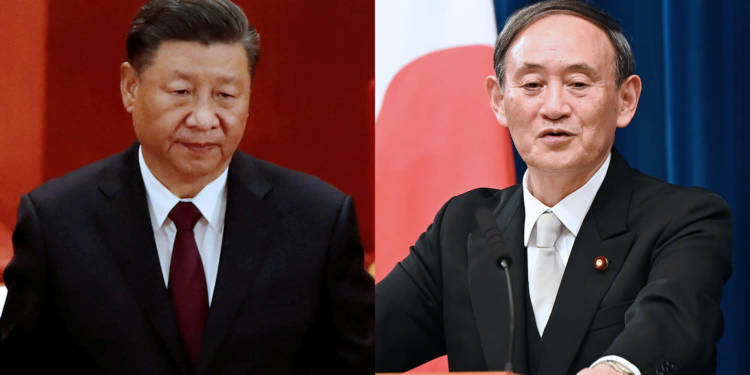The situation in the South China Sea and the East China Sea is hot as ever. China is continuously prying for terrestrial and maritime expansion in the region while ASEAN countries and Japan do all they can to ward off the Chinese threat. Now, in a big signal to the paper dragon – ASEAN member states and Japan are coming together to fight the menace of climate change. Japan is about to help Southeast Asian nations decarbonise themselves in the coming years – thus tremendously cutting their dependence on China.
According to a report by Nikkei Asia, Tokyo will take the lead in compiling a road map to decarbonisation, set up a public and private investment and loan facility of $10 billion, and encourage the development of renewables and stronger energy conservation measures.
Sources quoted by the publication said that Japan’s Ministry of Economy, Trade and Industry (METI) is making arrangements to reach an agreement on the new initiative with the ASEAN nations by holding a meeting of Japanese and ASEAN economic and energy ministers in June.
Japan’s goal is to achieve decarbonisation and the radical reduction of carbon emissions in the Indo-Pacific without affecting the economic growth of either itself or the nations with which it is cooperating. The $10 billion being extended by Japan to ASEAN members will specifically be used for purposes such as energy-saving efforts, the introduction of renewable energy and a switch from coal to cleaner liquefied natural gas for thermal power generation.
The Nikkei Asia report also stated that Japan will seek to “realize the commercialization of a new technology to bury carbon dioxide underground by sharing expertise on it.” Further, to ensure that Southeast Asian nations have all the expertise they need to decarbonise themselves, Japan will help them foster human resources related to decarbonisation technologies.
That Japan is helping ASEAN countries cut their dependence on coal for power generation is a direct attack against Chinese interests in the region. It is no secret that China is heavily reliant on coal-powered plants for electricity generation. In fact, coal-fired power plants are the only things that China could have offered Southeast Asian nations to co-opt them. However, by taking coal-based power plants out of the picture completely, Japan has begun a grand assault on Chinese ambitions and interests in the region.
ASEAN members depend on coal and other fossil fuels for about 80 per cent of their power generation. Japan is earning a huge favour among such nations by investing $10 billion to ensure that Southeast Asia becomes a carbon-neutral region. The best part is – Japan is in no way compromising on the economic security or growth of the ASEAN countries. Their economy can keep booming, even as they help the earth become a better place to live in.
This was the most opportune time for Japan to intervene and win the trust of ASEAN members. China is desperately on the lookout to woo Southeast Asian nations as part of its larger colonial plan. However, had Japan not intervened in the region, China would have used the opportunity to give Southeast Asian nations coal-fired power plants and other environmentally dirty facilities. Coal-fired power plants emit about twice as much carbon dioxide as natural gas-based power plants do.
Japan is visibly taking the lead in waging an anti-China campaign in Southeast Asia. While China is least interested to contribute in any manner towards protecting Earth and the environment, Japan is now allying with Southeast Asian nations to make a pariah out of the paper dragon.
